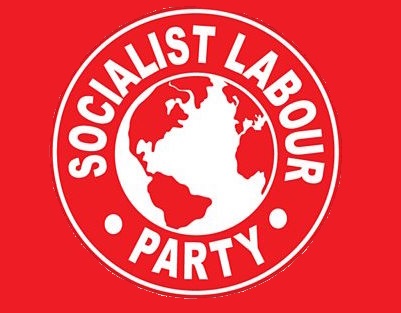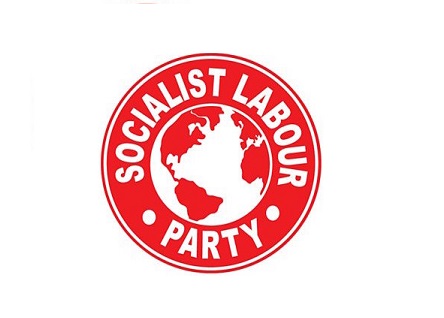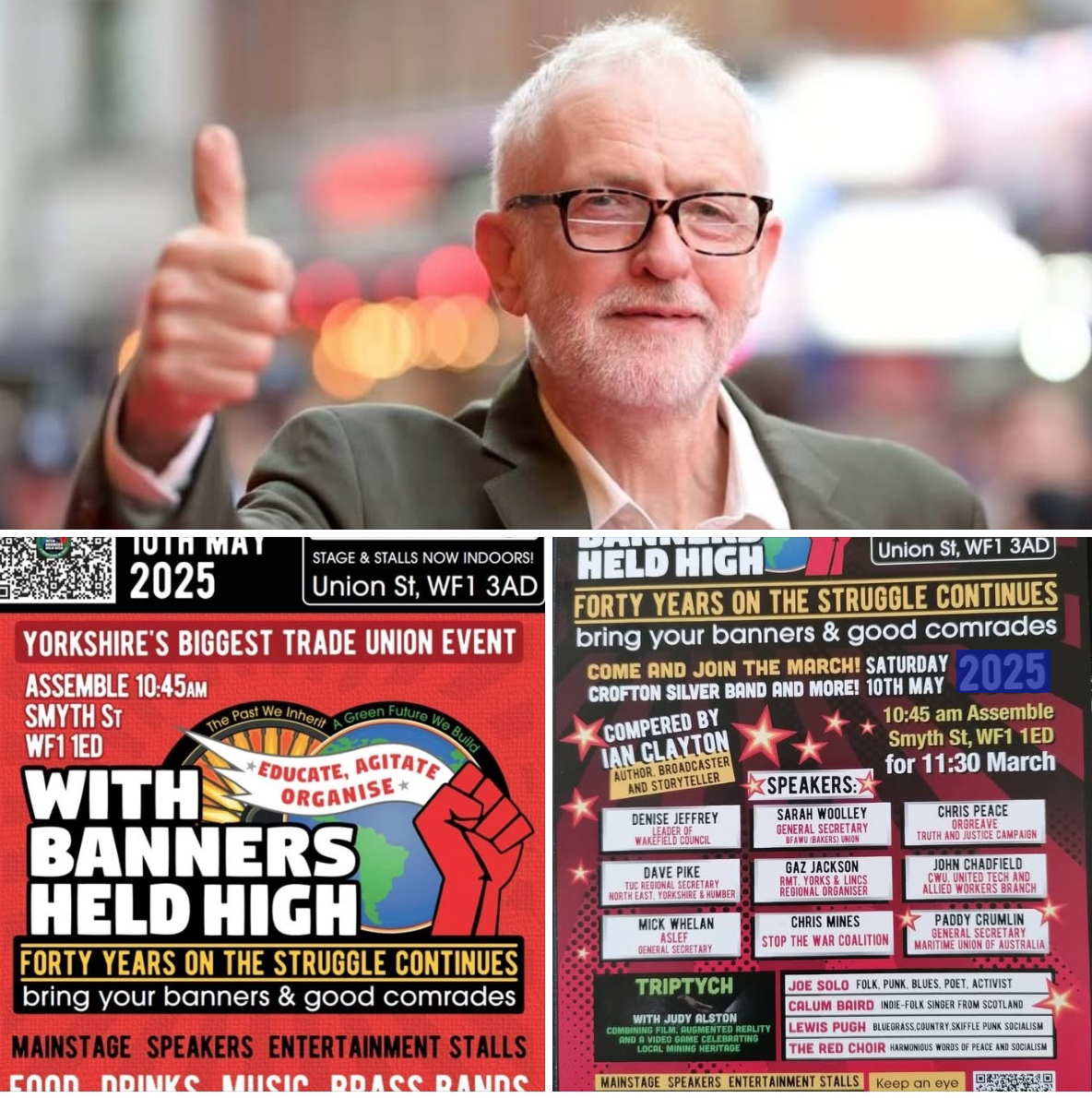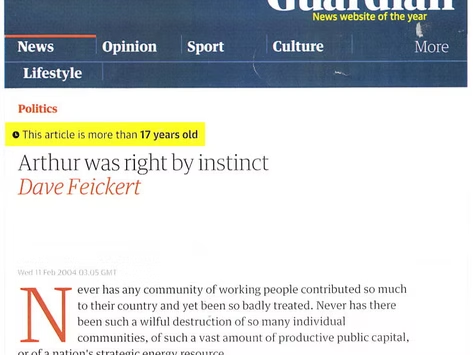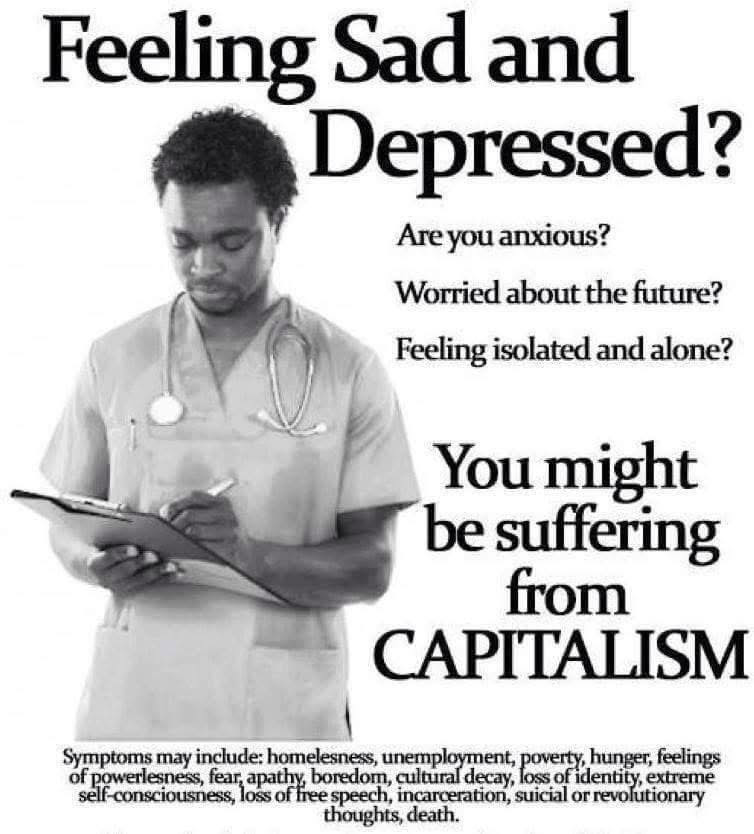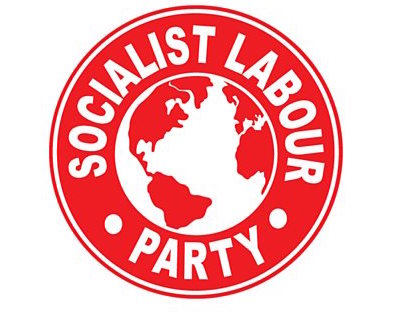“The slaughter of innocents, ethnic cleansing, apartheid, and genocide in Palestine/Gaza has been condemned by the United Nations, supported by the overwhelming majority of countries throughout the world.
The Socialist Labour Party welcomes the January 2024 judgement of the International Court of Justice condemning the genocidal action of Israel in Gaza. We also welcome the May 2024 call by Karim Khan, prosecutor of the International Criminal Court to issue arrest warrants for Israeli PM Benjamin Netanyahu and Defence Minister Yoav Gallant.
We support the isolation of the Apartheid Israeli state, Britain should with draw diplomatic and all other relations, refuse to have any financial dealings with and indeed fully sanction the Israeli state until a Palestinian state is established with the right of full return for all exiled Palestinians and their descendants.
The Socialist Labour Party stands in full solidarity with the Palestinian people.
The world is in a perilous state – in danger of nuclear annihilation. We have been driven to this situation by increasingly desperate, warmongering elites and governments. The conflicts in the Middle East and Ukraine have their roots in this approach by western governments and there is the potential for more war and destruction because of US aggression towards China.
The Socialist Labour Party opposes all this madness and stands for internationalism, friendship between nations and peoples and against war
The Socialist Labour Party does not adopt a position in support of any capitalist country. However, we are aware of the origins of the Ukraine – Russia conflict. In short, it is because of NATO expansion, the 2014 CIA organised coup against the democratically elected Ukrainian President and government, and the civil war launched by the Ukrainian coup leaders against their own citizens in the Donbass region of that country. Even after Russia’s intervention in 2022, the then Ukrainian government had an opportunity to come to a settlement with the “Minsk” accords. Their own negotiators signed but goaded by then British Prime Minister Boris Johnson (seen recently in a leaked video lauding the openly fascist AZOV brigade) the agreement was reneged on by President Zelensky. Unfortunately for Ukraine any future deal is likely to be so much less agreeable
The Socialist Labour Party is clear; we oppose globalisation as we do NATO expansionism and US aggression- we say stop funding war. Let us begin working towards a world truly at peace with liberty, justice and prosperity for all.”
From the Socialist Labour Party Manifesto
Pages 2-3.
Comrades, we are being led into war – again. The media is full of stories about the threat of war from Russia, China, North Korea. Nato is warning us that we are about to be invaded and we must prepare for war, like WW1 and WW2. The Russians are coming, with snow on their boots.
Why is this? War is very profitable, for some people. The manufacturers of Arms are delighted to be selling more arms and seeing their profits soaring. They will sell arms to both sides, maximising their profits, laughing all the way to the bank. Some Governments are also very happy with the fear of war since they can use this to divert money away from the provision of essential services onto “defence”. This power they can use to subordinate people, to control any dissent. These were the tools of imperialism and colonialism. When we had the greatest navy in the world we ruled the world. “Britain never, never, never will be slaves”. We ruled the world; we exploited the world and its people.
Of course, to do this we have to have “enemies”. If we don’t actually have any then we must invent them. China and Russia are clearly our enemies. We must arm against them. Wrap ourselves in the flag. Invoke patriotism, nationalism.
Of course, it won’t be our leaders who are doing the fighting. They will be photographed wearing battle fatigues riding in a tank. That is as close to the front line they will get. No, it will be the working class taking the fire, fighting the working class of another country. We are the cannon fodder not our leaders.
No sisters and brothers we must resist this call to arms. Instead let us invest in what is needed to produce a fair, just and equitable world for us all to live and prosper in.
Chris Butler
December 2025
